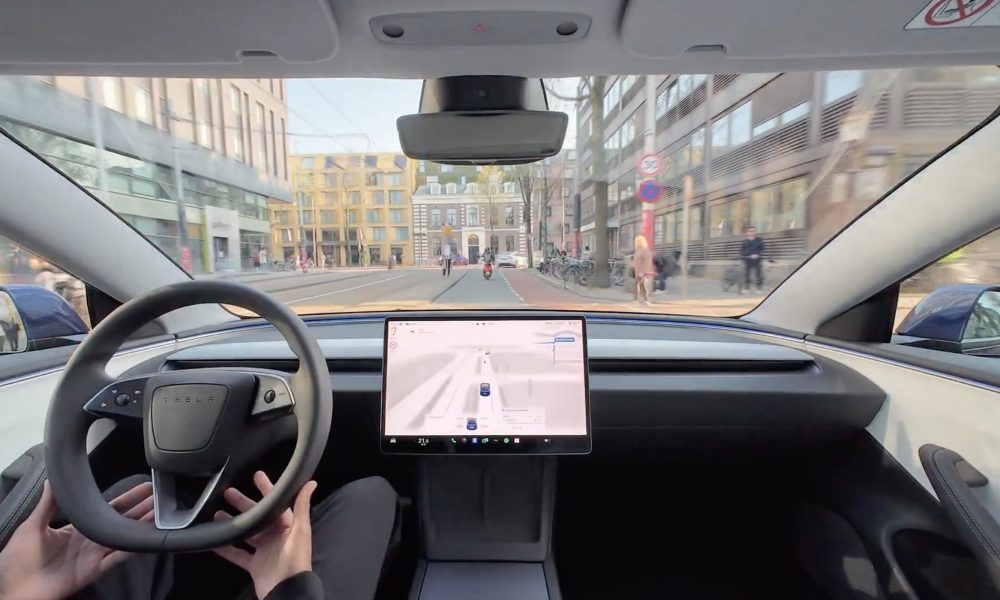"tax payer funded tax breaks" - how can a tax payer 'fund' the government not taking as much money from another tax payer?A lot of clowns are taking advantage of tax payer funded tax breaks before they end.
Have we reached the herd mentality - the lion is going to get someone, I'm happy if it's not me?
If that's the case, then relax - The oil and gas companies will still get their "tax payer funded tax breaks", so you'll still be getting yours.









